Croatia Is a Country of Great Co-production Potential
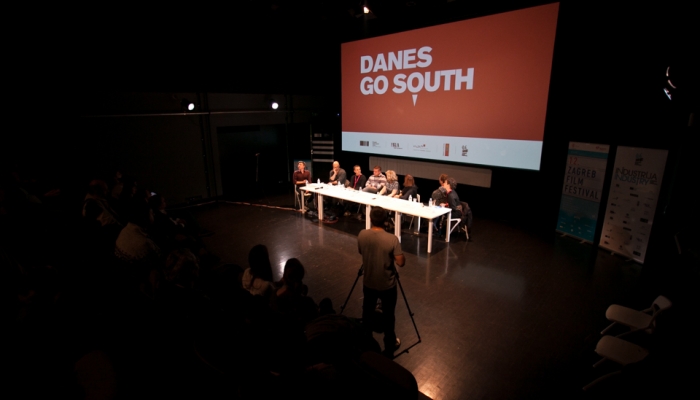
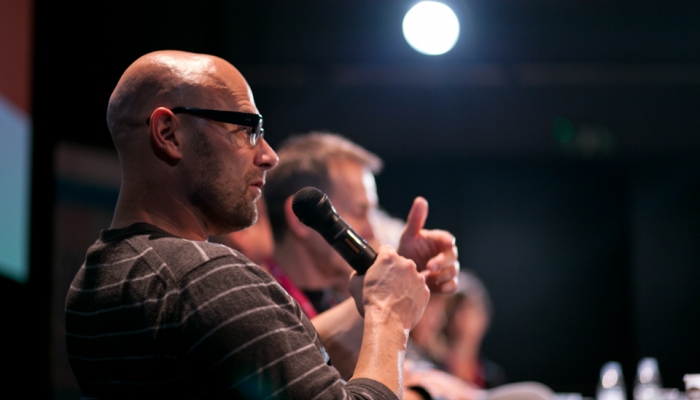
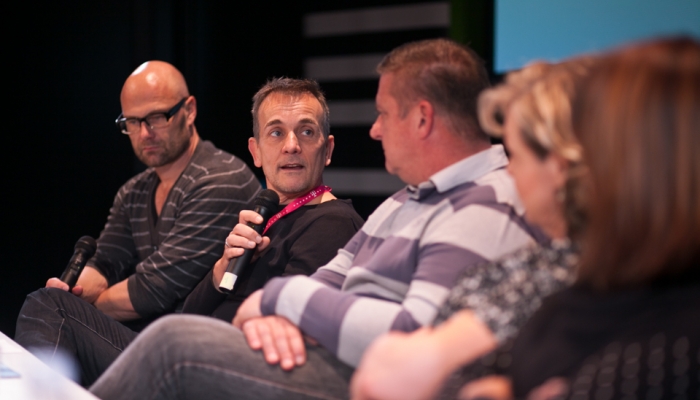
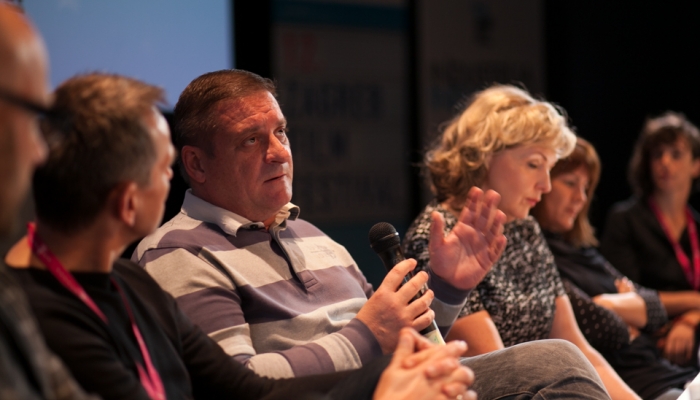
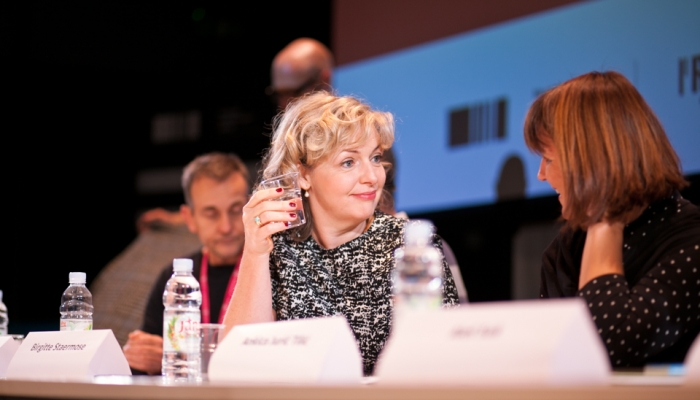
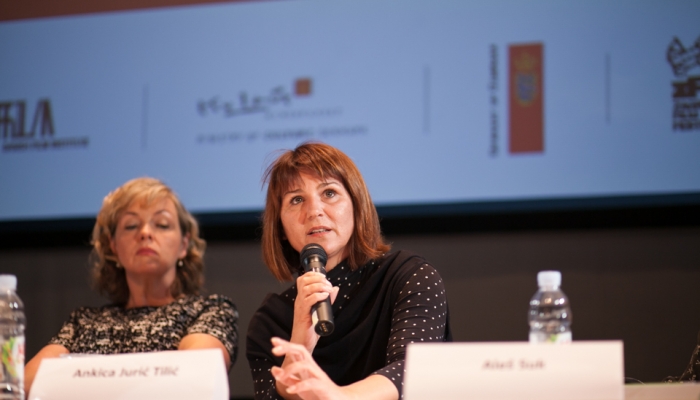
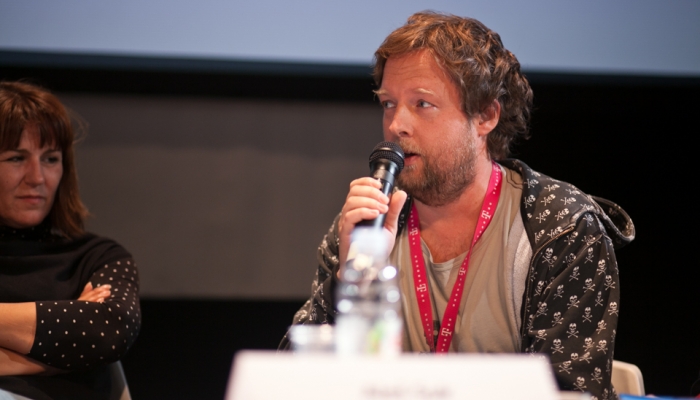
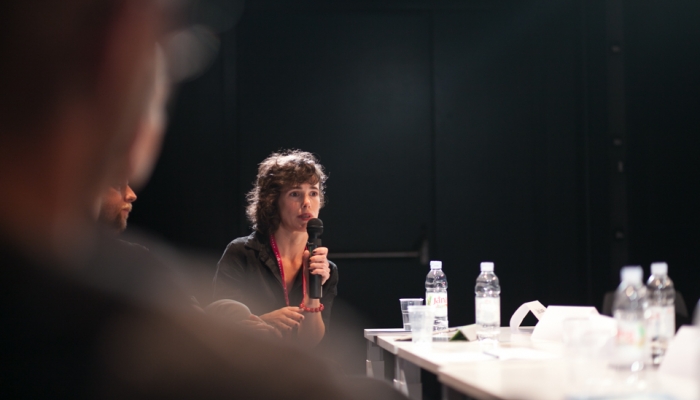
At the first panel discussion on the growing connections between Croatian and Danish filmmakers, named Danes Go South, all the attendees concluded that Croatia has a great future as a co-production country, because next to the landscape diversity it has an ambitious, professional and welcoming film crew that makes film work on all levels a lot easier.
This is what Danish director Ole Christian Madsen said, the author of Itsi Bitsi, the film mostly shot in Croatia and premiering at this year’s Zagreb Film Festival. The festival held a first co-production panel discussion on 23 October at the Zagreb Dance Centre. Madsen said that in Croatia he had a crew of 60 people and what he liked most is that, unlike in the US, these people tried to establish a personal relationship based on what they had in common. ‘This is very important for filmmaking, and I was pleasantly surprised to share a similar sense of humour, irony and sarcasm with the local people,’ he added.
Next to him, the panel was attended by Lars Bredo Rahbek – the producer of Itsi Bitsi, Igor A. Nola – the co-producer of Itsi Bitsi and Room 304, Birgitte Staermose – the director of Room 304, Ankica Jurić Tilić – the producer of Quit Staring at My Plate, and Željka Sukova and Aleš Suk – the directors of Winter Miracle, made at the CPH:LAB 2011/2012 workshop.
During the five weeks of shooting Itsi Bitsi, Croatia ‘played’ 17 countries including Greece, Turkey, France, Denmark, Nepal, Spain and Morocco. ‘We decided to shoot in Croatia also because of your incentive measures. In your country we spent around 8.5 million kuna, with a 20 per cent return through the co-production incentive scheme in Croatia. We have never before made such a complex film because we decided to portray around 20 countries and our budget gave us a choice – travel the world with a crew smaller than planned or find a country that could act as many. We opted for the second,’ said the film’s producer Lars Bredo Rahbek.
The Danish-Croatian film collaboration first got rolling with the film Room 304, a minority co-production fully made at Zagreb’s Palace Hotel. The co-producers were Igor A. Nola and Suza Horvat, director of photography Igor Martinović, and the cast includes Croatian actors Ksenija Marinković, Ivo Gregurević and Leon Lučev.
Birgitte Staermose, the director of Room 304, said she did not want to film in Copenhagen because, even though the city is beautiful, the local hotels were bad and seemed cheap. ‘I desperately wanted to find a location for my dream to come true. I wanted an intimate atmosphere which I found in this Zagreb hotel that helped us with everything,’ she said.
And while Room 304 was the first Danish-Croatian co-production, the film Quit Staring at My Plate, directed by Hana Jušić, is the first Croatian-Danish co-production. In other words, Ankica Jurić Tilić at Kinorama is the producer of a film that will start shooting next August in Šibenik, and one of the co-producers will be from Denmark. ‘Interestingly, at the pitching workshop in Turin we were not approached by Spanish, French or Italian co-producers, since the action takes place in the Mediterranean, but Danish co-producer Morten Kjems Juhl from Beofilm, and we quickly arranged collaboration,’ she said.
The panel discussion closed with director Željka Sukova and producer Aleš Suk, who presented another co-production between the two countries, an experimental documentary-fiction film Winter Miracle, made in 2012 at CPH:LAB workshop. Željka Sukova described the work on this film, which follows a man and a woman living on opposite ends of the world: ‘It was as though you got a new husband for a year you neither know nor understand.’
Everyone agreed that Croatia is a country whose co-production potential will develop slowly, but that surely in a relatively short period of time it will definitely become the shooting location for many countries.
Photographs: ZFF Press / Tin Vučković
Title photos: panel speakers; Ole Christian Madsen, Lars Bredo Rahbek; Igor A. Nola; Birgitte Staermose; Ankica Jurić Tilić; Aleš Suk; Željka Sukova
